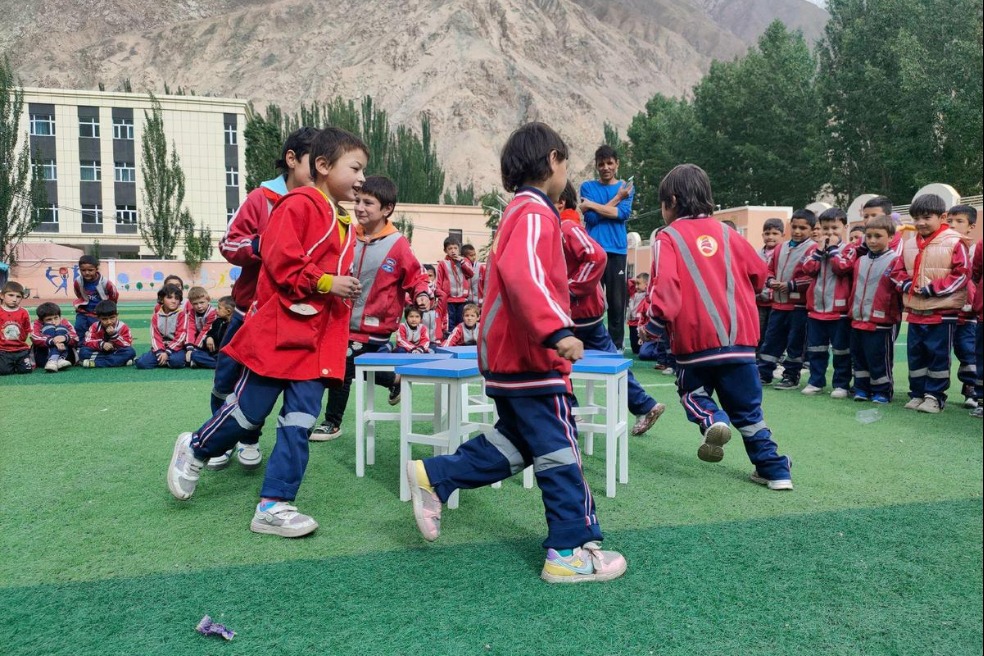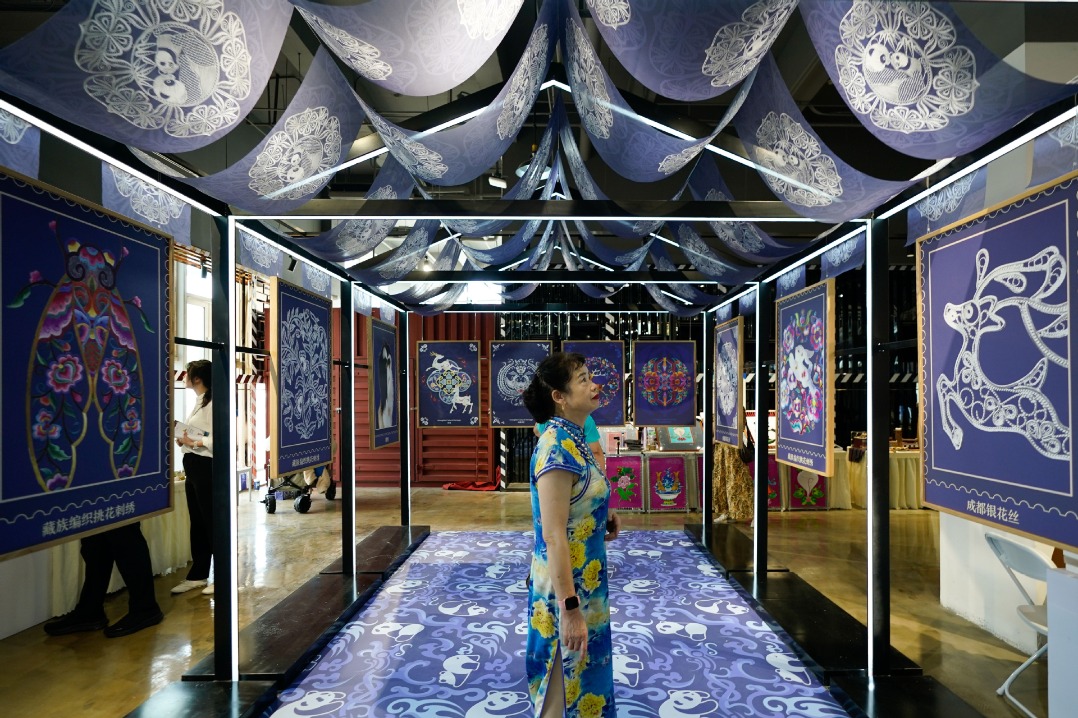Businesses' use of livestreaming illuminates privacy concerns

Qihoo 360, the software security giant, is to shut down its Shuidi platform after being accused of breaching people's privacy by livestreaming video from smart surveillance cameras in stores, restaurants and other public places.
The company said the site was developed to meet the demands of customers who wanted to use its cameras to livestream images that promote their business, such as showing off the scenery at a tourist spot or demonstrating a farm's cleanliness to boost sales.
The livestreaming and security monitoring functions on the smart cameras are independent, according to a statement on Wednesday from Qihoo 360's product management team.
However, it added that although users can livestream only after going through a complicated process, there are loopholes that can be exploited.
To respect people's privacy, Qihoo 360 said it will get rid of all livestreaming functions on the smart cameras and shut down the Shuidi platform.
Shuidi was put under the spotlight and drew widespread public criticism for invasion of privacy after an internet user named Chen Feifei used social media to post the cameras' surveillance video of people working out in gyms, making payments at restaurants, and children playing at playgrounds on Dec 11.
She also found that there were no signs at those public areas warning people that their actions were being livestreamed and could be watched via the Shuidi app on people's mobile phones.
The product management team said it planned to use facial recognition technology to identify people in public videos and allow for blurring, but it dropped the attempt due to technical difficulties.
"It is pretty scary to think that some strangers could see me working out at my gym live," said Li Yang from Beijing. She said such loopholes should never be tolerated.
Wang Sixin, a researcher at the Communication University of China, said surveillance camera manufacturers use livestreaming platforms to attract customers because they have a higher number of views.
Some manufacturers say they have asked users to put notices in places covered by live broadcasts. Some platforms claim they have established strict supervision to check the content of livestreaming.
Legal experts are divided on whether businesses are infringing on privacy after notices have been put up.
According to China's Civil Law, if citizens' images are used for profit, businesses must seek their consent. Consent also is compulsory if a broadcast risks damaging a person's image, reputation or privacy.
"Those whose privacy is invaded can lodge complaints to authorities or file lawsuits for compensation," said Wu Ge, a lawyer in Beijing.
Wu said that authorities should enhance supervision of online platforms and impose severe punishments to those found guilty of breaches.
Xinhua contributed to this story.
cuijia@chinadaily.com.cn
- China's transportation sector leaves international students inspired
- Guangdong launches fast-track lychee distribution system
- Ministry issues reminders ahead of gaokao
- ASEAN-China Youth Hosts Camp wraps up in Guilin
- China expands pediatric services in TCM hospitals
- China to raise gasoline, diesel retail prices





































